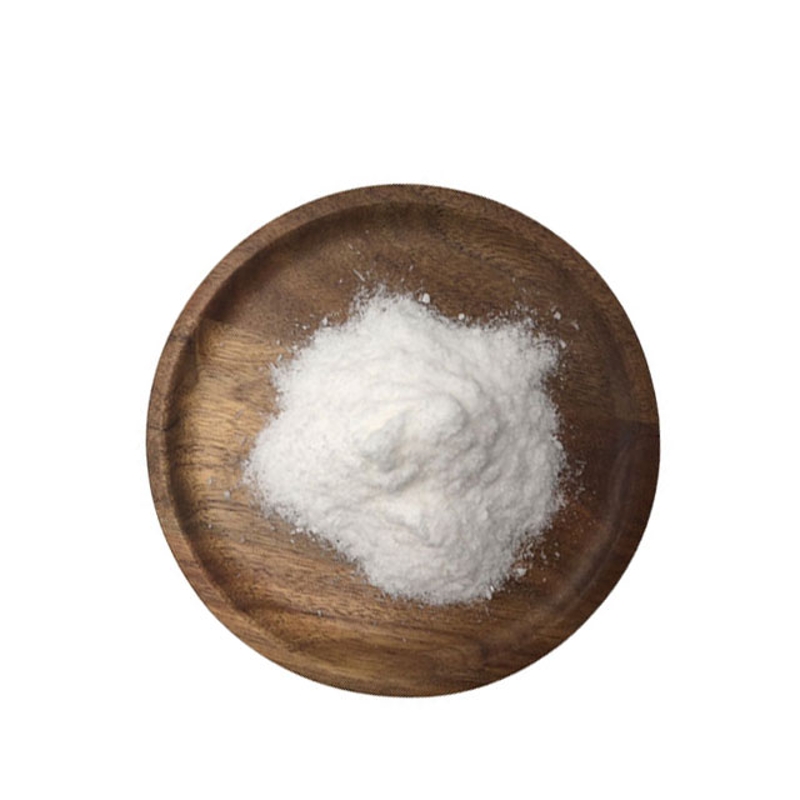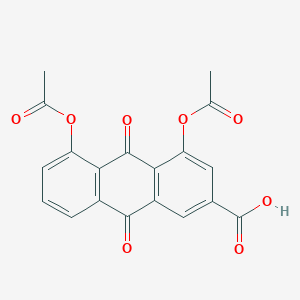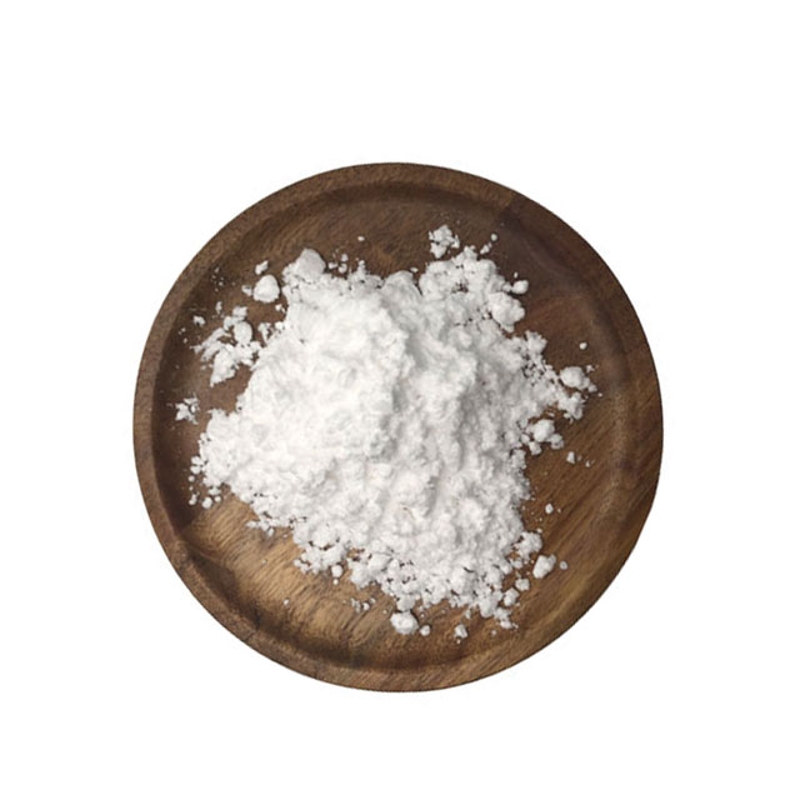-
Categories
-
Pharmaceutical Intermediates
-
Active Pharmaceutical Ingredients
-
Food Additives
- Industrial Coatings
- Agrochemicals
- Dyes and Pigments
- Surfactant
- Flavors and Fragrances
- Chemical Reagents
- Catalyst and Auxiliary
- Natural Products
- Inorganic Chemistry
-
Organic Chemistry
-
Biochemical Engineering
- Analytical Chemistry
- Cosmetic Ingredient
-
Pharmaceutical Intermediates
Promotion
ECHEMI Mall
Wholesale
Weekly Price
Exhibition
News
-
Trade Service
September 14, 2020 // -- Scientists from the University of Alberta and others have been working on a protein directly related to poor prognostication in breast cancer patients, and since then they have wondered why, researchers have recently revealed the molecular mechanisms of specific breast cancers, the results of which appear in the international journal Cell Death and Disease, or are expected to help scientists develop new breast cancer therapies later.
photo source: researchers at sagaciousnewsnetwork.com say the special protein, known as BCL-2 "BIK", may be directly related to the recurrence of breast cancer, and that the root cause of the problem may be the "self-destruction" process of apoptosis; When cell destruction procedures are induced and cells begin to die, the cells of the human body undergo a regular apoptosis process, which normally runs until the cell's death procedure is completed, and induces the cell's own DNA damage so severe that the cells can kill themselves, which is the desired result of cancer cells.
But in ER-positive breast cancer (i.e., breast cancer, where cancer cells respond to estrogen), when BIK is induced to die, the apoptosis process is not complete, but rather the so-called "apoptosis failure", in which the cell's DNA is destroyed to the extent that it forms mutations that make cancer cells more aggressive. Goping, a
researcher, says cells carrying DNA damage then try to repair themselves and turn into worse opponents because they carry special mutations that give them the ability to do whatever they want, but also to escape the attack of therapy or move to an environment suitable for their survival.
The next step is for researchers to continue to delve into BIK and find more information about how it works in apoptosis, and with more in-depth research and analysis of the process, researchers hope to find other new treatments to treat ER-positive breast cancer patients later.
original source: Vrajesh Pandya, John Maringa Githaka, Namrata Patel, et al. BIK drives an aggressive breast cancer phenotype through sublethal apoptosis and predicts poor prognosis of ER-positive breast cancer, Cell Death and Disease (2020). DOI: 10.1038/s41419-020-2654-2.







